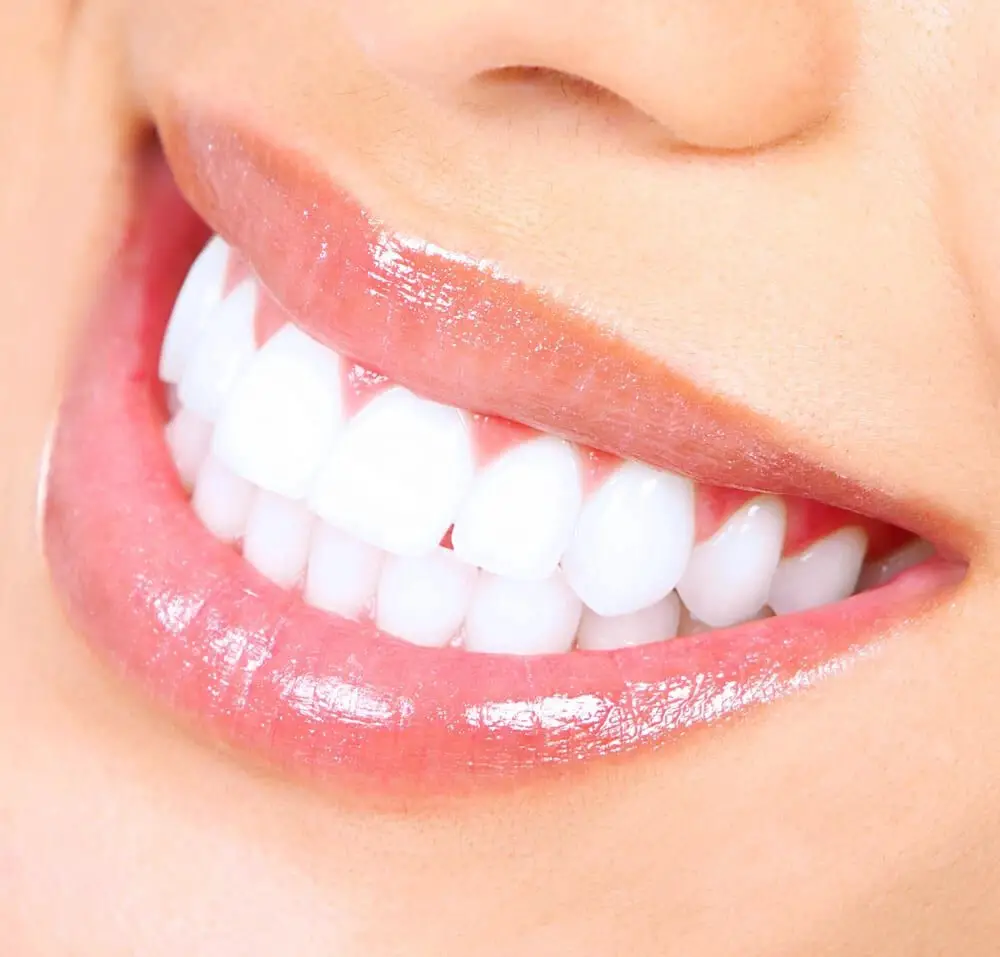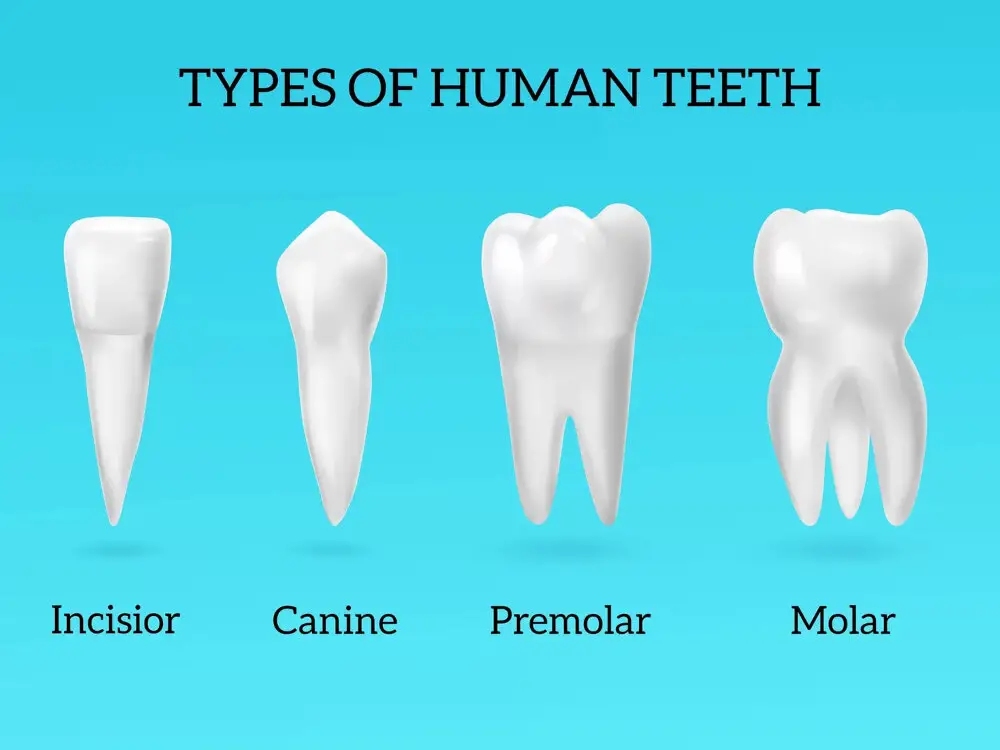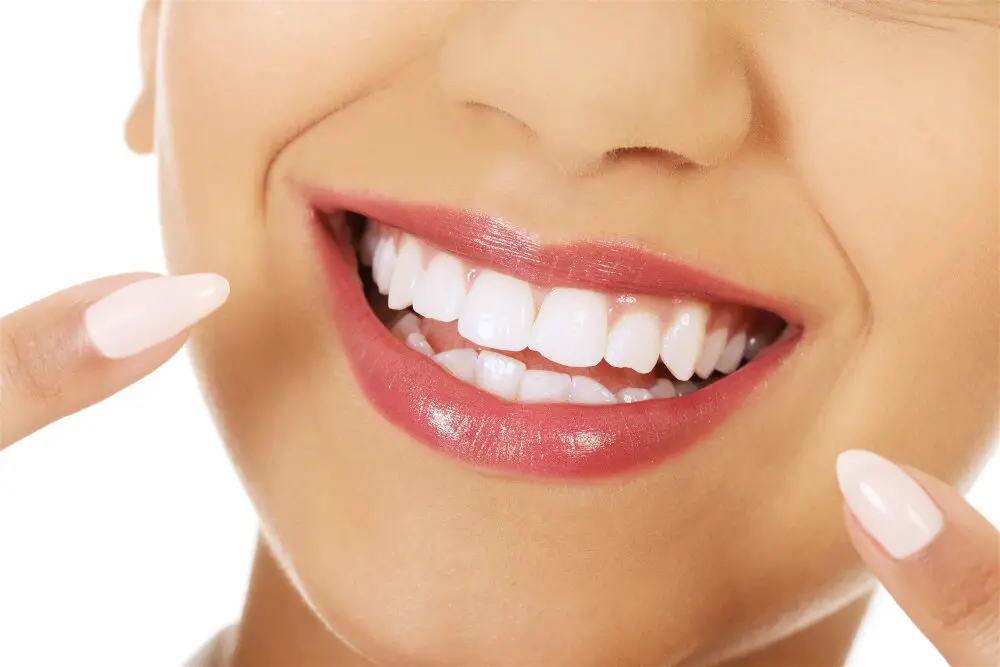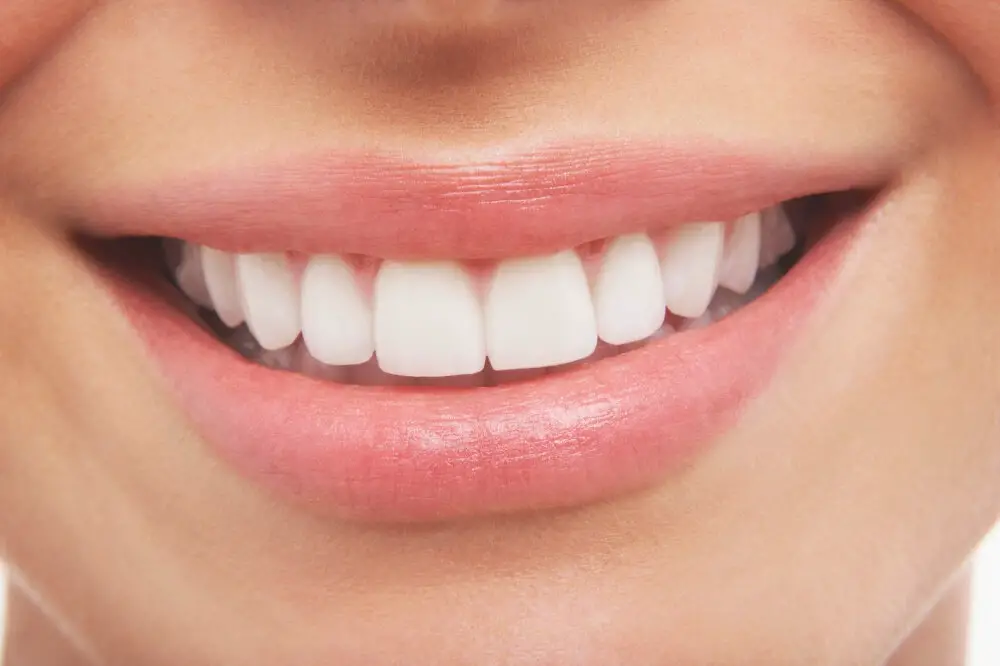Why Does My Breath Smell Bad After Brushing? Uncovering the Surprising Reasons Behind Persistent Halitosis

Bad breath or halitosis is a common problem that affects people of all ages. While it can be an occasional issue, persistent bad breath can be frustrating, embarrassing and even a cause of low self-esteem. Brushing your teeth twice a day and flossing is often the go-to solution for most people, but what if you still experience bad breath despite your efforts? As it turns out, there are several surprising reasons why your breath may still smell bad after brushing. In this article, we will delve into the various causes of persistent halitosis and explore the measures you can take to combat it. We will look at how certain foods, medical conditions, lifestyle factors and even your dental hygiene routine can impact your breath. By understanding the underlying causes of bad breath, you can take proactive steps to address it and maintain fresh breath throughout the day. So, let’s get started and uncover the surprising reasons behind persistent halitosis.
Halitosis, commonly known as bad breath, is a condition characterized by an unpleasant odor emanating from the mouth. It can be caused by a variety of factors, including poor oral hygiene, gum disease, dry mouth, and certain medical conditions. Bacteria in the mouth feed on food particles, releasing volatile sulfur compounds that produce an unpleasant odor. In addition, the accumulation of plaque and tartar on teeth can harbor bacteria and contribute to bad breath. While occasional bad breath is common, persistent halitosis can be a sign of an underlying issue that requires attention. Proper oral hygiene, regular dental check-ups, and addressing any underlying medical conditions can help manage halitosis.
Despite brushing regularly, bad breath can still persist due to a variety of reasons. One of the primary causes is poor dental hygiene, which can lead to a buildup of bacteria and food particles in the mouth. However, other factors such as dry mouth, smoking, certain medications, and medical conditions like gum disease, tonsil stones, or acid reflux can also contribute to halitosis. In some cases, the type of food consumed, such as garlic or onions, can also cause bad breath. It is essential to identify the underlying cause of persistent halitosis and address it with proper oral hygiene, lifestyle changes, or medical treatment to improve overall oral health and prevent social embarrassment.
Poor Oral Hygiene

Poor oral hygiene is one of the leading causes of bad breath, a condition that can be both embarrassing and unpleasant. When individuals neglect to brush and floss regularly, food particles and bacteria can accumulate in the mouth, leading to the formation of plaque and tartar. Over time, this can lead to gum disease and tooth decay, which can further exacerbate bad breath. In addition to brushing and flossing regularly, individuals should also consider using mouthwash and tongue scrapers to remove any remaining bacteria or debris from their mouths. By practicing good oral hygiene, individuals can help prevent bad breath and maintain a healthy, fresh-smelling mouth. However, poor oral hygiene is not just a cosmetic concern. It can also have serious health consequences. For example, gum disease has been linked to a variety of health problems, including heart disease, stroke, and diabetes. In addition, poor oral hygiene can lead to the loss of teeth, which can impact an individual’s ability to eat and speak. By taking care of their teeth and gums, individuals can not only prevent bad breath but also protect their overall health and well-being. Whether through regular brushing and flossing or by visiting a dentist for regular cleanings and checkups, it is important for individuals to take their oral hygiene seriously.
Poor oral hygiene can lead to bad breath due to the buildup of bacteria in the mouth. When food particles are left in the mouth, they begin to decompose and produce a foul odor. The bacteria that thrive in the warm, moist environment of the mouth also produce sulfur compounds that contribute to bad breath. Additionally, if plaque is not removed from teeth and gums, it can lead to gum disease, which can cause an even stronger odor. Regular brushing, flossing, and using mouthwash can help remove food particles and bacteria from the mouth, reducing the risk of bad breath.
Maintaining good oral hygiene is essential for a healthy mouth and fresh breath. Firstly, ensure that you brush your teeth twice a day with fluoride toothpaste, and make sure you brush your tongue to remove any bacteria. Flossing at least once a day is also crucial to remove food particles and plaque between teeth. Drinking plenty of water and avoiding sugary and acidic foods and drinks can also help prevent bad breath. Regular dental check-ups are also important to identify and treat any dental issues early on. By following these tips, you can maintain good oral hygiene and keep your breath smelling fresh.
Dry Mouth

Dry mouth, also known as xerostomia, is a common condition that occurs when the salivary glands in the mouth do not produce enough saliva to keep the mouth moist. Saliva plays a crucial role in maintaining oral health by washing away food particles and bacteria that can cause bad breath and tooth decay. When the mouth is dry, bacteria can thrive, and the lack of saliva can cause a foul odor to develop. Dry mouth can be caused by a variety of factors, including medication, dehydration, and certain medical conditions. If left untreated, dry mouth can lead to more severe dental issues, such as gum disease and tooth decay. There are several ways to combat dry mouth and prevent bad breath. Drinking plenty of water and staying hydrated throughout the day can help keep the mouth moist. Chewing sugar-free gum or sucking on sugar-free candies can also stimulate saliva production. Avoiding alcohol, tobacco, and caffeine can also help prevent dry mouth. If dry mouth persists, it is essential to speak with a dental professional to determine the underlying cause and develop an appropriate treatment plan. Overall, maintaining good oral hygiene habits and staying hydrated can go a long way in preventing dry mouth and the associated bad breath.
Dry mouth, also known as xerostomia, can cause bad breath due to the reduced production of saliva, which plays a crucial role in keeping the mouth clean and fresh. Saliva helps to wash away food particles and bacteria that can cause an unpleasant odor. When the mouth is dry, it creates a perfect environment for bacteria to thrive, leading to the buildup of sulfurous compounds that cause halitosis. Additionally, a dry mouth can result from certain medications, medical conditions, or lifestyle habits, such as smoking or alcohol consumption, which can further exacerbate bad breath. Therefore, it’s essential to address the underlying cause of dry mouth to combat persistent halitosis effectively.
Dry mouth, also known as xerostomia, can be caused by a variety of factors including certain medications, dehydration, and medical conditions such as Sjogren’s syndrome. The lack of saliva production can lead to bad breath as saliva helps to wash away bacteria and food particles that contribute to odor. Additionally, mouth breathing, smoking, and alcohol consumption can also contribute to dry mouth. Those with persistent dry mouth should consult with their healthcare provider to determine the underlying cause and potential treatment options.
Dry mouth can be a common culprit behind persistent halitosis. To relieve dry mouth, there are several tips that can be helpful. First, drinking plenty of water throughout the day can help keep the mouth hydrated. Chewing sugar-free gum or sucking on sugar-free candy can also stimulate saliva production, which can help alleviate dry mouth. Avoiding alcohol, caffeine, and tobacco can also help prevent dry mouth. Additionally, using a humidifier in the bedroom at night can help keep the mouth and throat from becoming dry while sleeping. Lastly, using a moisturizing mouthwash or oral spray specifically designed for dry mouth can provide relief and freshen breath.
Diet

A healthy and balanced diet is crucial for maintaining good oral health and preventing bad breath. Consuming a diet that is high in sugar and carbohydrates can lead to the buildup of bacteria in the mouth, which can cause bad breath. Additionally, foods with strong odors, such as garlic, onions, and spicy foods, can also contribute to bad breath. To combat bad breath caused by diet, it is important to eat a variety of fruits and vegetables, lean proteins, and whole grains. Drinking plenty of water can also help to flush out any bacteria or food particles that may be lingering in the mouth. In addition to maintaining a healthy diet, it is important to practice good oral hygiene habits, such as brushing and flossing regularly. This can help to remove any food particles or bacteria that may be contributing to bad breath. Using an antibacterial mouth rinse can also be beneficial in killing any remaining bacteria in the mouth. If bad breath persists despite good oral hygiene habits and a healthy diet, it may be a sign of an underlying medical condition, and it is important to consult with a healthcare professional for proper diagnosis and treatment.
Diet plays a significant role in causing bad breath. The breakdown of certain foods such as garlic, onions, and spicy foods in the digestive system leads to the release of volatile sulfur compounds (VSCs), which are then exhaled through the mouth. These VSCs are responsible for the unpleasant odor associated with bad breath. In addition, a diet high in sugar and refined carbohydrates can also contribute to bad breath by promoting the growth of bacteria in the mouth, leading to an increase in VSC production. Therefore, it is essential to maintain a balanced and healthy diet to prevent bad breath.
Certain foods and drinks are notorious for causing bad breath. Garlic and onions, for example, contain sulfur compounds that can linger in the mouth and cause an unpleasant odor. Coffee and alcohol can also contribute to bad breath by drying out the mouth and promoting the growth of odor-causing bacteria. Additionally, sugary and acidic drinks like soda and fruit juice can create an environment in the mouth that is conducive to bacterial growth and bad breath. It’s important to be mindful of what you eat and drink if you’re concerned about persistent halitosis, and to practice good oral hygiene to help combat any odors that may arise.
In addition to practicing good oral hygiene, following a healthy diet can also help prevent bad breath. Certain foods, such as garlic and onions, can leave a lingering odor in the mouth, so it’s best to avoid them if possible. Eating crunchy fruits and vegetables, such as apples and carrots, can help scrape away bacteria on the teeth and tongue. Drinking plenty of water throughout the day helps keep the mouth moist and washes away odor-causing bacteria. Incorporating probiotic-rich foods, such as yogurt and kefir, can also help balance the oral microbiome and improve overall oral health.
Medical Conditions

Medical conditions can play a significant role in causing persistent bad breath, also known as halitosis. One of the most common causes of halitosis is dry mouth or xerostomia, which is caused by reduced saliva production. Saliva plays a vital role in washing away bacteria and food particles that cause bad breath. When saliva production decreases, bacteria and food particles accumulate in the mouth, leading to bad breath. Dry mouth can be caused by various medical conditions such as autoimmune diseases, diabetes, HIV/AIDS, and cancer, as well as medications used to treat these conditions. Another medical condition that can cause halitosis is gastroesophageal reflux disease (GERD). GERD occurs when stomach acid flows back up into the esophagus, leading to acid reflux. The acid can reach the back of the throat and cause bad breath. GERD can also cause a sour or bitter taste in the mouth, burning in the chest, and difficulty swallowing. Other medical conditions that can cause bad breath include sinus infections, respiratory tract infections, and liver or kidney disease. It is essential to consult a healthcare professional if you experience persistent bad breath, as it could be a sign of an underlying medical condition that needs treatment.
There are several medical conditions that can cause bad breath, including gum disease, sinus infections, and respiratory tract infections. When bacteria build up in the gums and teeth, they can produce a foul odor that is difficult to get rid of. Sinus infections can also cause bad breath because they produce mucus that can become trapped in the nasal passages and throat, leading to an unpleasant odor. Additionally, respiratory tract infections can produce a foul odor because they cause inflammation and swelling in the airways, making it difficult for the body to expel toxins and other waste products. In order to address bad breath caused by medical conditions, it is important to seek treatment from a healthcare provider who can diagnose and treat the underlying condition.
Halitosis or bad breath can be caused by several medical conditions. One of the most common causes is dry mouth or xerostomia, which occurs when there is a decrease in the production of saliva. This can be due to several factors such as medication, dehydration, or certain medical conditions. Another medical condition that can cause bad breath is sinusitis, which is a condition where the sinuses become inflamed due to an infection or allergy. This can cause a buildup of mucus and bacteria in the nose and throat, leading to bad breath. In addition, gastrointestinal issues such as acid reflux and liver disease can also cause bad breath due to the release of gases and toxins in the breath. It is important to seek medical attention if persistent bad breath is experienced, as it may be a sign of an underlying medical condition.
Once the underlying medical condition causing bad breath has been identified, there are several treatment options available. For example, if the bad breath is caused by gum disease, a deep cleaning procedure called scaling and root planing may be recommended. This procedure removes plaque and tartar buildup, which can harbor bacteria that cause bad breath. If the bad breath is caused by dry mouth, treatment may involve increasing fluid intake or using artificial saliva products. In cases where bad breath is caused by acid reflux, medication to reduce stomach acid production may be prescribed. In some cases, bad breath can also be managed through lifestyle changes such as quitting smoking, maintaining good oral hygiene, and avoiding certain foods and beverages that can contribute to bad breath.
While brushing your teeth is a daily ritual that helps maintain good oral hygiene, it may not always be enough to combat bad breath. There are several reasons why persistent halitosis can occur despite brushing regularly. One of the primary culprits is poor oral hygiene, which can lead to the buildup of bacteria and plaque on the teeth and gums. Other factors include dry mouth, gum disease, sinus infections, and certain medications. Additionally, consuming certain foods and drinks such as garlic and coffee can leave a lingering odor on the breath. Identifying the underlying cause of bad breath is crucial in treating it effectively, as simply masking it with mints or mouthwash will only provide temporary relief.
Maintaining good oral hygiene is crucial to avoid persistent halitosis. Regular brushing, flossing, and tongue cleaning can help keep bacteria at bay. Drinking plenty of water is also important to keep the mouth hydrated and prevent dryness, which can contribute to bad breath. Watching your diet by avoiding foods that can cause bad breath, such as garlic and onions, can also help. However, if bad breath persists even after following these measures, it may be a sign of an underlying medical condition, and seeking medical attention is recommended. By following these reminders, you can keep your breath fresh and avoid the embarrassment and discomfort of halitosis.
Conclusion

In conclusion, bad breath after brushing can be caused by various factors that may seem surprising, such as poor oral hygiene, dry mouth, sinus infections, and even certain types of food. It is essential to identify the root cause of persistent halitosis and take appropriate measures to address it. These may include maintaining good oral hygiene, using mouthwash, staying hydrated, and seeking medical attention if necessary. By understanding the underlying reasons behind bad breath, we can take steps to improve our oral health and overall well-being. Remember, fresh breath not only boosts confidence but also reflects good health habits.







